Global Automotive Market Under Pressure How Trump's Tariffs Impacted Automaker Stocks
The global automotive market has once again felt the repercussions of political decisions. U.S. President Donald Trump announced a 25% tariff on imported cars and light trucks, raising concerns among analysts and investors. Despite the fact that such measures had been discussed for some time, the official announcement exerted immediate pressure on the stock prices of leading automotive manufacturers from Europe to Asia.
Faced with this new "tariff wall," global automakers are experiencing a decline in market value, impacting trading platforms across Europe, Asia, and North America.
Trump's Tariffs Hit the Global Automotive Industry
April 3 has been set as a pivotal date for the automotive market. From this date forward, the confirmed tariffs on cars and light trucks will take effect. These increased tariffs are intended to protect American manufacturers from competition, but they also elevate the risks for the export activities of foreign companies that have depended on the U.S. market as a key sales outlet.
Experts fear these measures will intensify destabilization in global trade, lead to reduced supply volumes, and jeopardize the profits of auto giants.
How Automaker Stocks Reacted
Following Trump's announcement, the stocks of leading automotive sector players quickly plummeted. This reflected investor concerns over potential losses for global companies.
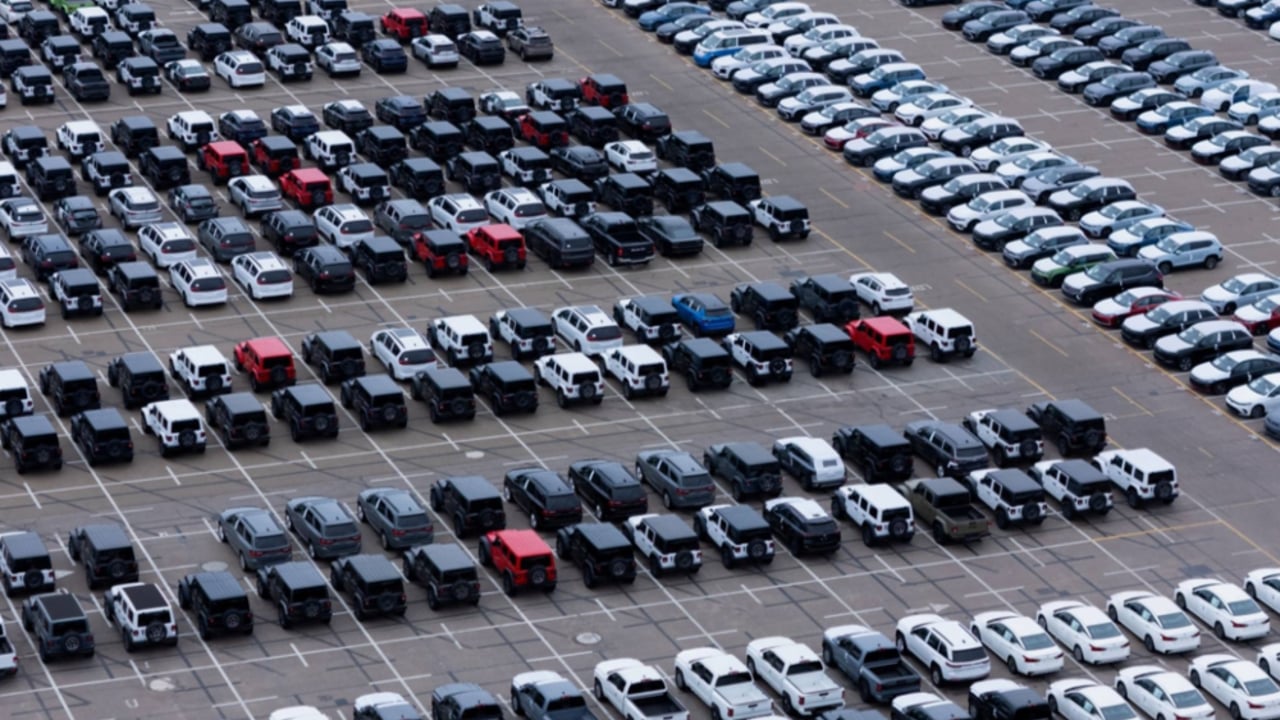
European Market From Volkswagen to Mercedes-Benz
On European exchanges, stocks of major automakers fell sharply:
1. Volkswagen dropped by 3.4%. The company, whose U.S. supplies partly depend on factories in Mexico, is particularly vulnerable.
2. BMW and Mercedes-Benz, representing the luxury automotive segment, also showed significant declines, each losing 4%, which creates negative prospects for their American sales.
Asian Markets Pressure Intensifies
Asian automotive giants faced comparable stress. Overnight, the market capitalization of Japan's transport sector decreased by approximately $16.5 billion. The decline in key manufacturers' stock prices indicates how sensitive they are to U.S. tariffs:
- Toyota fell by 2.7%. The company holds a leading position in the global auto market and relies heavily on exports to the U.S.
- Honda and Nissan, two other major Japanese automakers, decreased by 3% and 2.2%, respectively.
- The South Korean market was also affected, with Hyundai Motor and Kia each dropping by around 4%.
The new import tariffs pose threats to the fundamental business models of global automakers by increasing their costs and questioning current strategies.
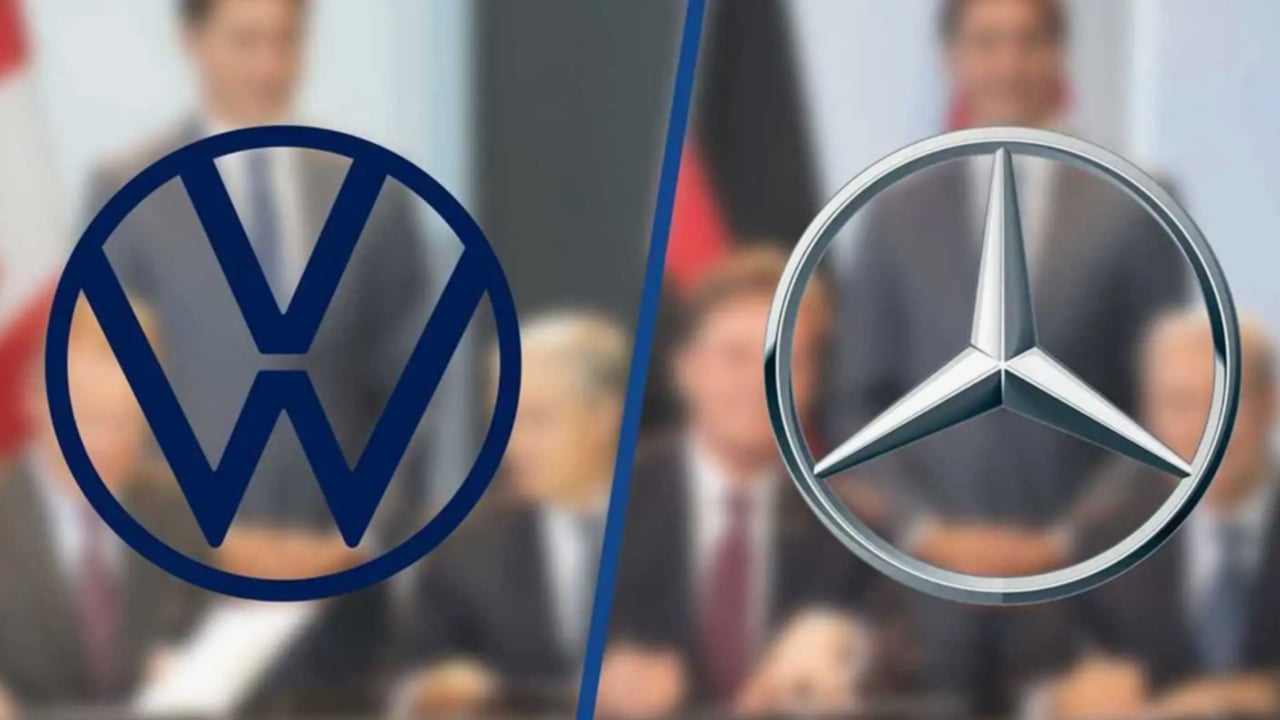
Dependency on Mexican Supplies
Statistics reveal that the U.S. auto sector heavily relies on production from Mexico. According to S&P Global Mobility, 43% of Volkswagen's U.S. sales come from Mexican imports. Automakers like Stellantis and Ford also have significant portions of their production based in Mexico, which means the tariffs will make these imports less profitable, increasing the final product's price.
If automakers cannot quickly adapt to these new conditions, it will significantly reduce their profit margins. Overall losses could reach billions of dollars, especially for market players whose supply chains are historically oriented towards U.S. exports.
Possible Implications for the Global Economy
Trump's decision to impose tariffs on imported cars could not only undermine automakers' revenues but also have broader impacts on the world economy.
- Price Increase. Rising costs will inevitably lead to higher prices for end consumers.
- Job Losses. Companies, facing declining profitability, may cut investments or even close facilities in affected regions.
- Escalation of Trade Conflicts. New U.S. measures add to global trade tensions, creating risks for international cooperation.
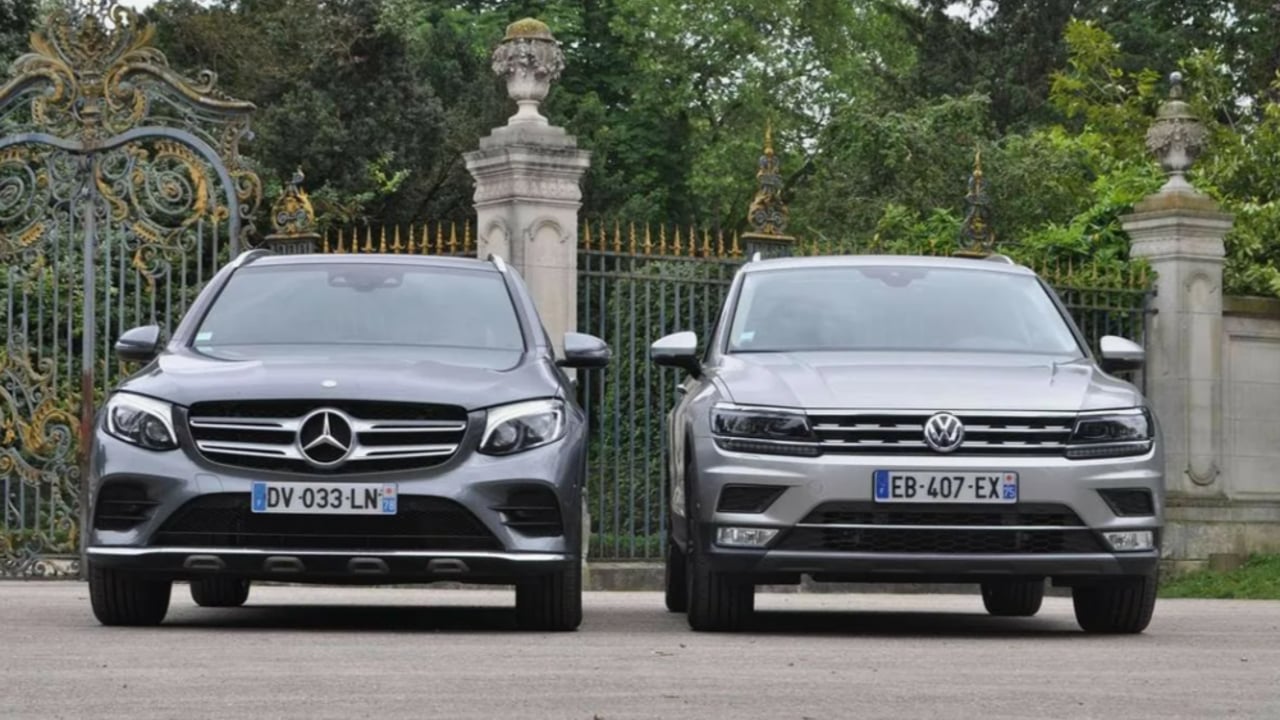
Conclusion How the Market Will Cope with Challenges
The introduction of the 25% tariffs poses a serious test for the global automotive industry. Companies face not only an immediate market reaction but also a pressing need to rethink their supply chain strategies. European and Asian manufacturers find themselves in a challenging position, requiring agility to handle the ramifications of these new tariffs.
Amid these developments, the race for the American market remains tense. Each company will seek its solution to the crisis, but only time will tell whether automakers can offset the blow to their profits.


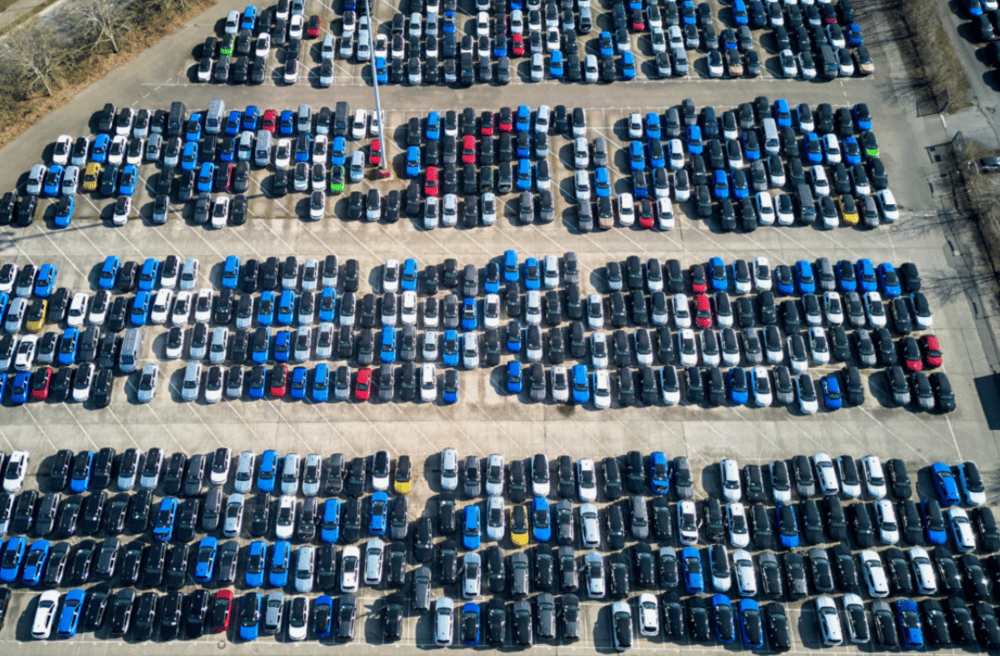




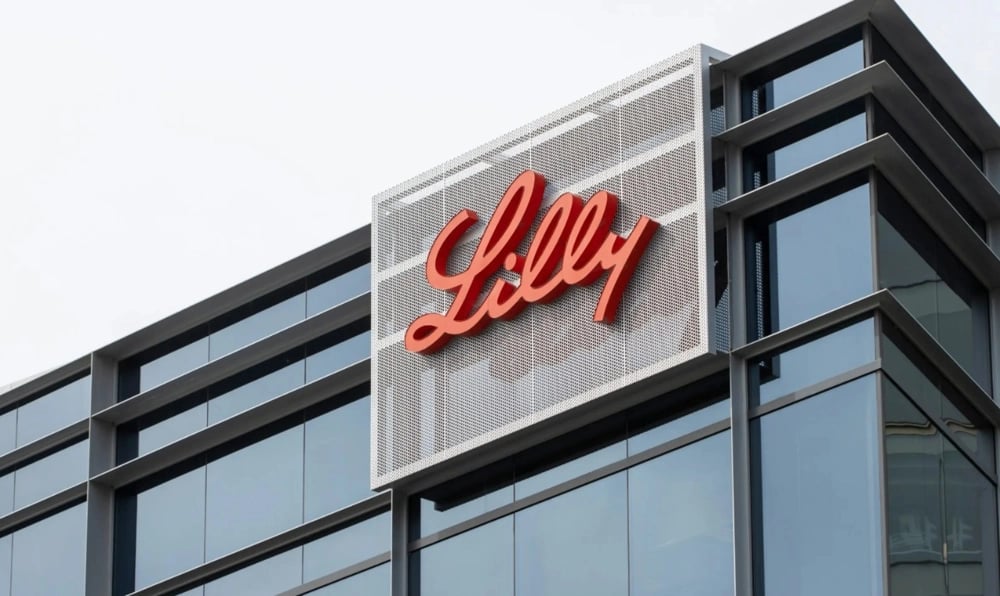
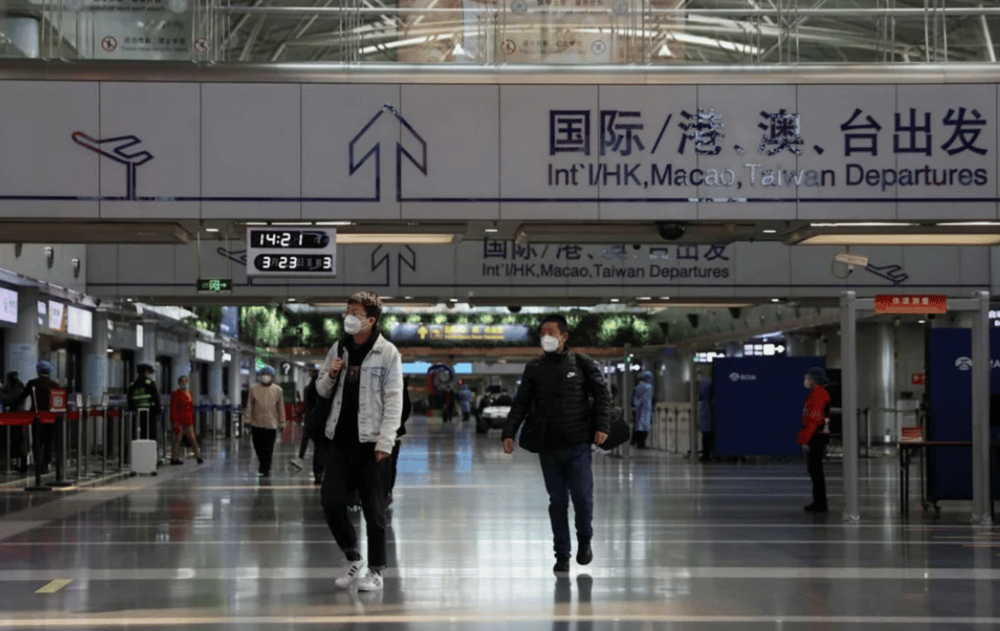
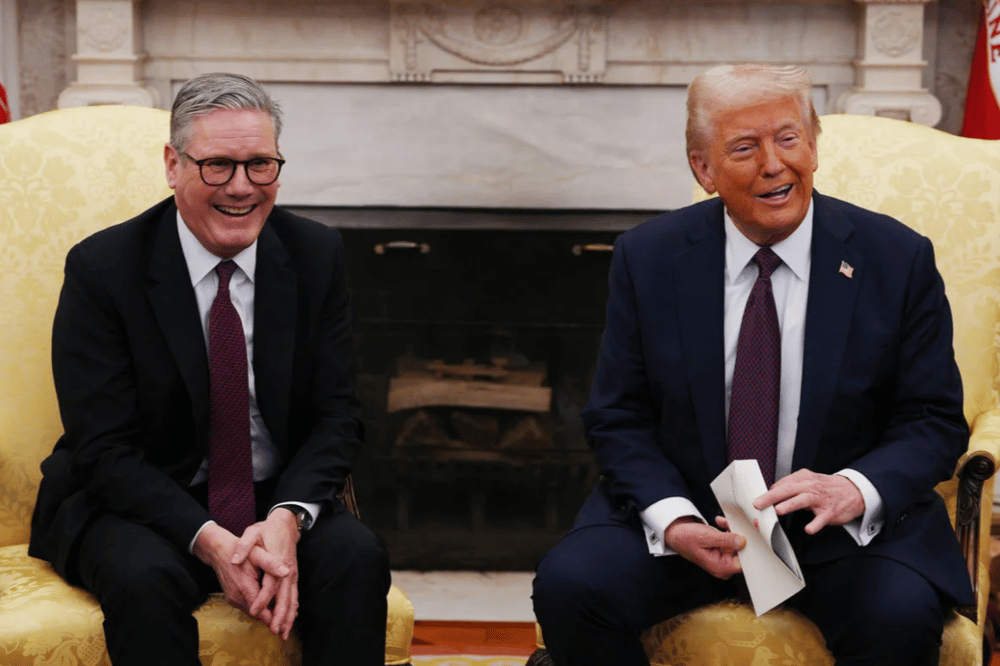




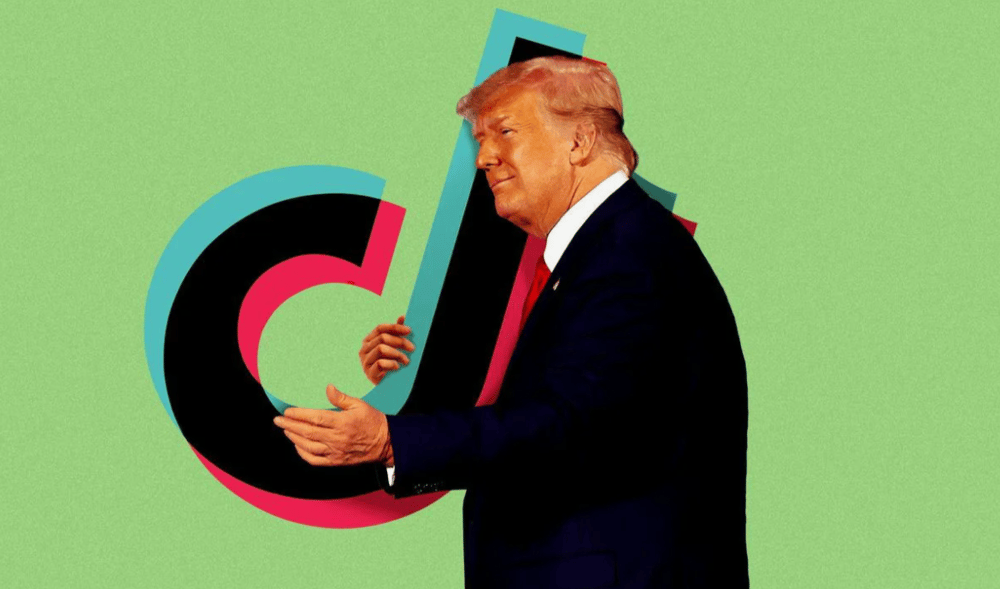

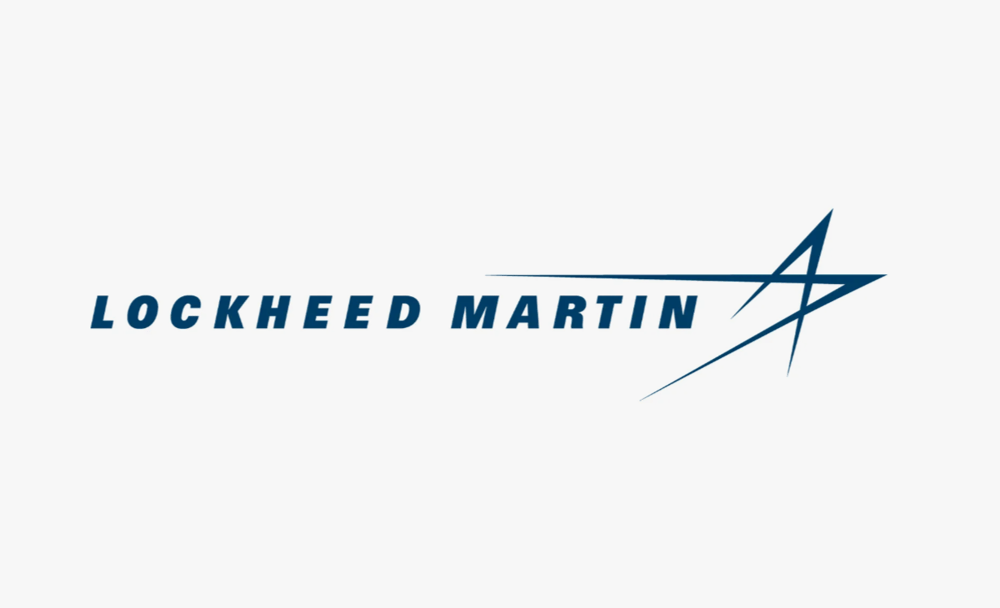

Comments